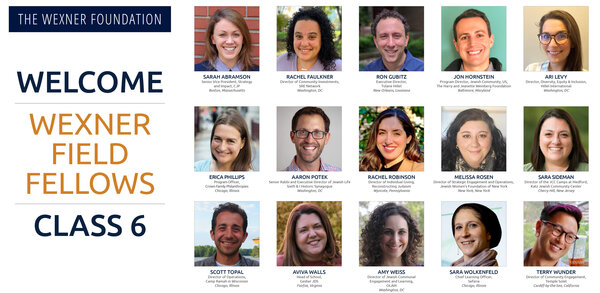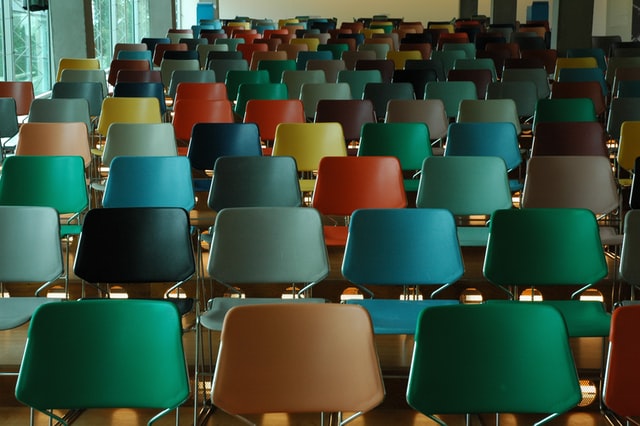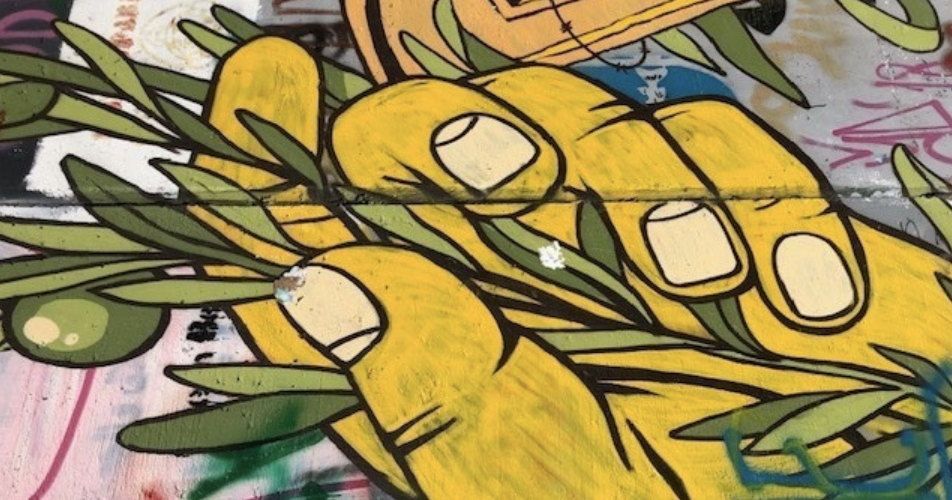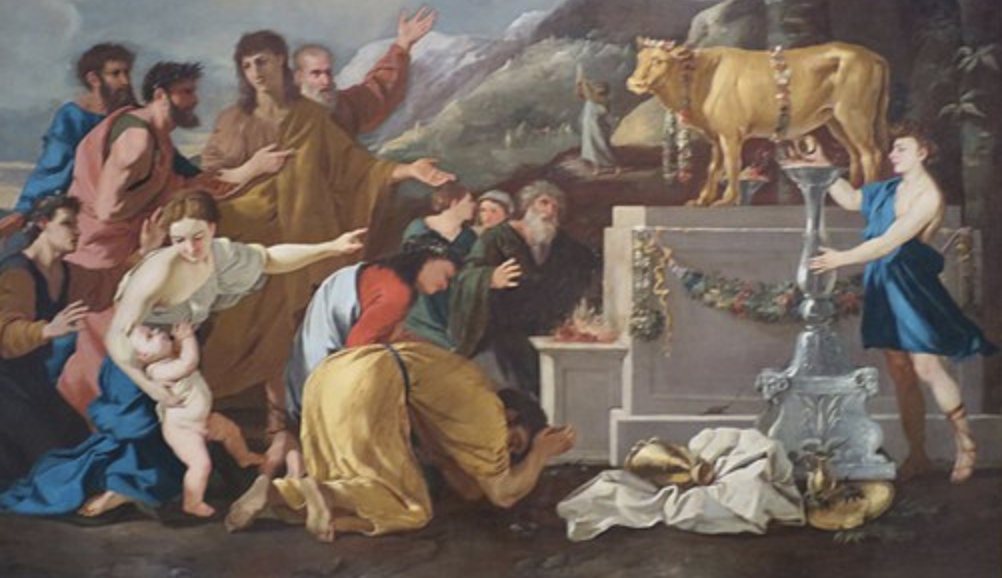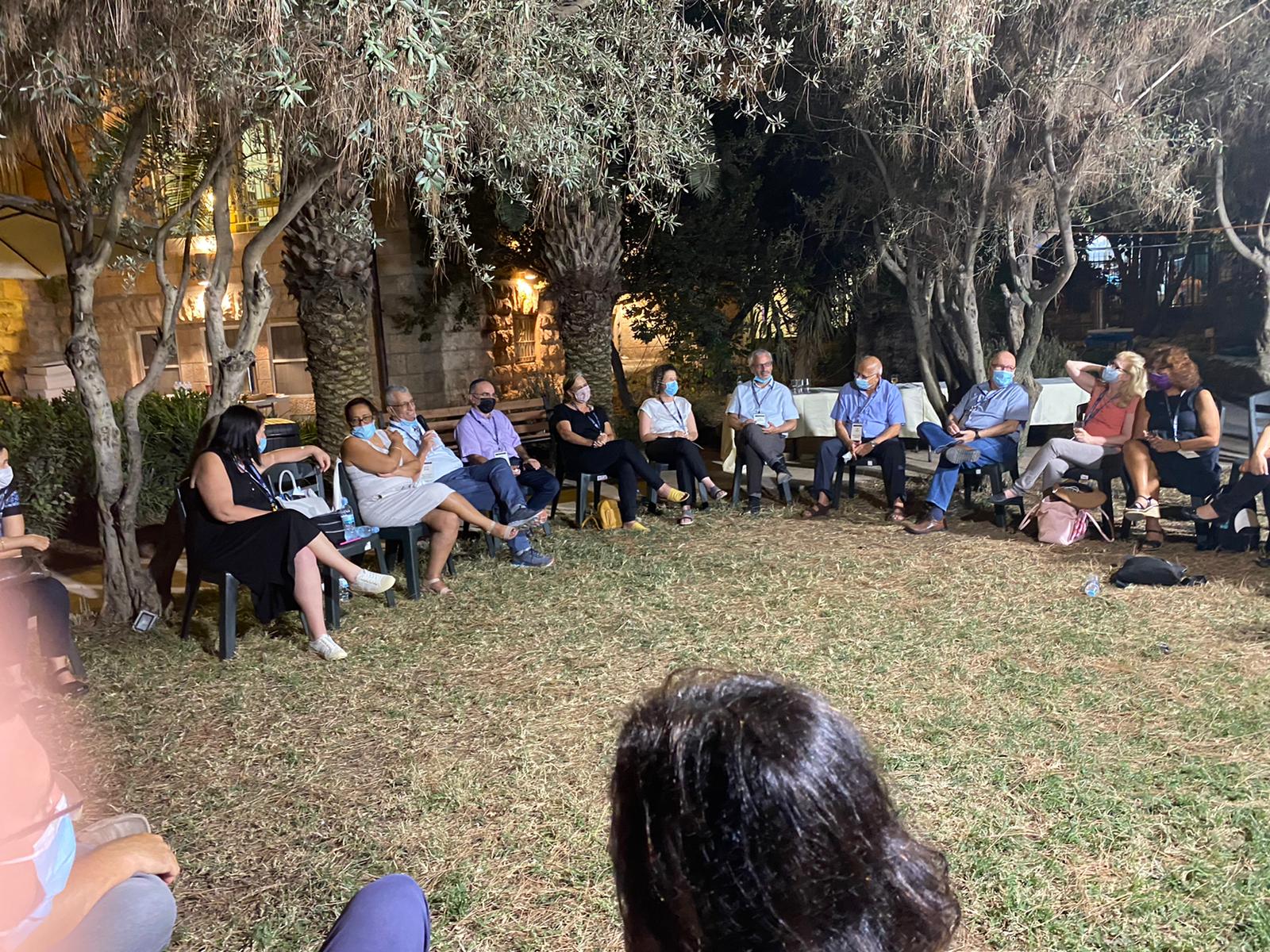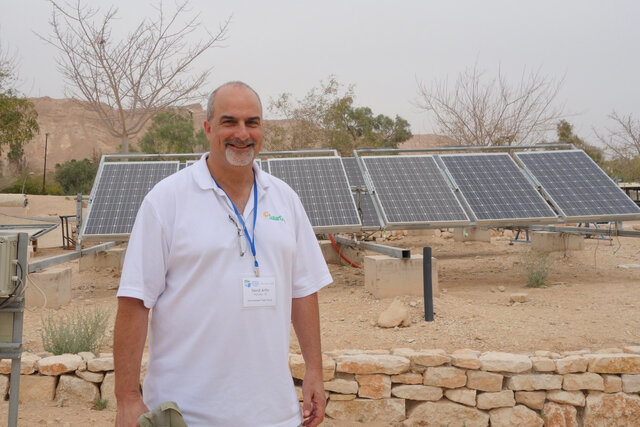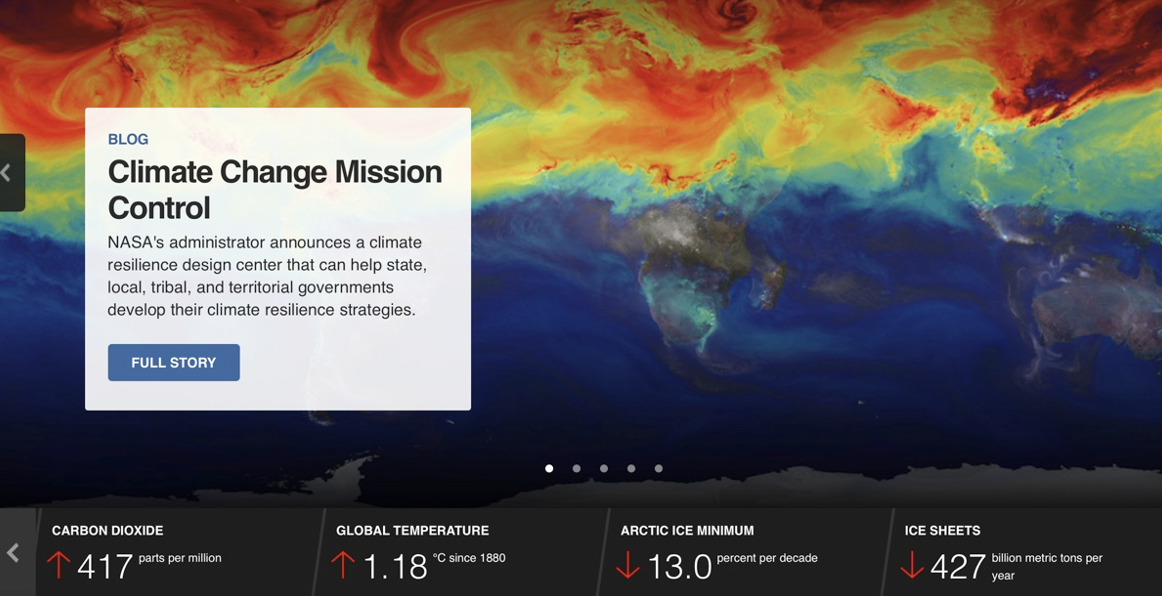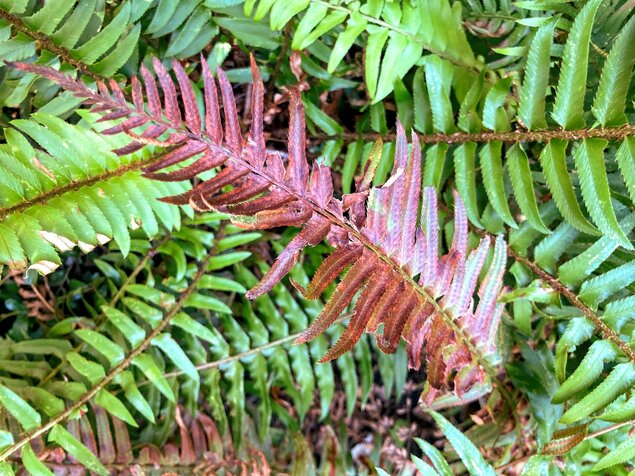The Latest From The Foundation
Dispatches from the network and updates from the Foundation.
15
Nov 2021
Cancel Culture Does Not Reflect the Excellence of our Wexner Training
WHP Alum Gary Wexler (LA/Westfield)
Are the woke accusations found on the internet the best methodology to make the race, diversity, equity and inclusion corrections that are so badly needed? Can the methodology even be questioned without leading to cancellation?Cancel Culture is not the creative, excellent way of thinking we were challenged to learn in Wexner. We Jews are a creative people. Cancel Culture is neither. It’s more like revenge. We weren’t taught that.
Even if some of the stats above aren't consistent with our personal opinions, we knew that we could hold multiple truths, as could those in our community, so we entered into a chevruta (learning partnership), to name explicitly which profound truths we were each holding and which we agreed on. While we discovered that we were not that far apart from each other, it was important to continue to engage on this topic in an era of disturbing polarization, one that is characterized by a lack of nuanced dialogue, where saying the “wrong” thing can you get “cancelled,” instead of giving you an opportunity to learn.
America, it seems, is rediscovering the Bible’s approach to idolatry – but it is the Rabbinic approach that is most desperately needed in our time. We simply cannot afford to see our diverse society with its very significant political and ideological differences in biblical terms.
The process of re-entry into the real world as we slowly emerge from the surreal experience of a global pandemic is strange and fraught. Many times over the last few months, I’ve felt uncomfortable or unsure of how to act in social, professional, or communal settings. I have to re-learn how to behave in “polite society,” and maybe that’s not such a bad thing. I hope that in this process, I am brave enough to move beyond where I left off when we collectively retreated from the world in March of 2020.
Reversing climate change is a multi-dimensional, multi-generational task. Energy transition will require new policies, technologies, communal thinking, and creative solutions. Our community will need to lead through its actions, advocacy, and intentional leadership. This generational endeavor will need to confront economic interests, conspiracy theorists, anti-globalists, and haters of different stripes.
All to convince you that climate change is not only real, but already here, whether we believe in it or not, whether we prioritize it, whether we are overwhelmed by it, whether we are merely comfortable with the way things are in the last quarter of our lives and just don’t have the bandwidth to deal with this.
19
Oct 2021
Preserving the Future through Open Spaces
WIF Alum Shahar Solar (Class 25) and Yael Hamerman
The Valley is now a stellar example and an inspiring story of a response to this type of issue and public engagement, such that leads to better social, economic, and environmental benefits, providing solutions for the climate crisis in tandem with a direct improvement in the lives of its local residents.
19
Oct 2021
Will Our Climate Change Song Be an Elegy or a March?
WGF/DS Alum Dr. Hannah S. Pressman (Class 15)
The inverse of my daughter’s question about the stars (“Why are they there?”) is “Why are we here?” Why are we mortals here on Earth, if not to steward and safeguard this planet so that future generations can live here safely? We are here now, imbued with ru’ah, that miraculous word connoting breath, spirit, and wind, to ensure that our children and our children’s children will also, simply, be here.
Video Categories
- Activism
- Antisemitism
- Climate Change
- Community
- COVID-19
- Crisis Leadership
- Education
- Elul
- Foundation Moments
- Gender
- Holidays
- Holocaust
- Israel
- Leadership through Torah
- Loss
- Politics
- Wexner Field Fellowship
- Wexner Graduate Fellowship/Davidson Scholars Program
- Wexner Heritage Program Seminars
- Wexner Israel Fellowship
- Wexner Senior Leaders
- Wexner Service Corps
- Wexner Summits
Blog Categories
- _About (12)
- _Alumni (6)
- _Core (3)
- _Landing Pages (34)
- _Programs (14)
- _Resources (5)
- _Summits (6)
- Antisemitism (7)
- Climate Change (13)
- COVID-19 (11)
- Difficult Conversations (21)
- Education (4)
- Gender (6)
- General News (144)
- Holocaust (3)
- Innovative Projects (268)
- Intergenerational Communication (6)
- Israel (159)
- Judaism in Online Spaces (11)
- Lessons in Leadership (240)
- Life’s Leadership Moments (294)
- Mentorship (54)
- Peoplehood (154)
- Play (7)
- Pluralism (3)
- Politics (10)
- Power (14)
- Professional Growth (34)
- Racial Justice (10)
- Self-care (25)
- Social Justice/Tikkun Olam (59)
- Summit Seeds (3)
- Text/Holidays (150)
- Uncategorized (6)
- Values and Ethics (24)
- WexFactor (8)
- Wexner Davidson Fellowship (1)
- Wexner Field Fellowship (27)
- Wexner Graduate Fellowship/Davidson Scholars Program (89)
- Wexner Heritage Program (99)
- Wexner Israel Fellowship (47)
- Wexner Senior Leaders (22)
- Wexner Service Corps (4)
- World conflicts (8)
